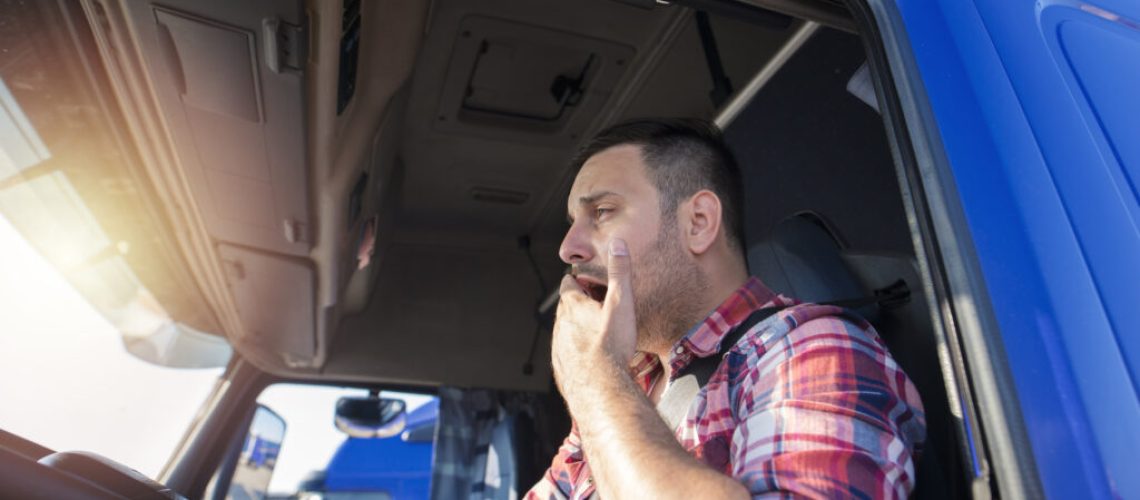Table of Contents
ToggleIntroduction
The U.S. Department of Transportation (DOT) plays a critical role in ensuring that our roads and workplaces remain safe. One key element of this safety effort is the mandatory DOT drug and alcohol testing program.
As we move into 2025, new updates to the DOT Drug and Alcohol Testing Rules are coming into effect — and it’s crucial for all DOT-regulated employers and employees to stay informed and compliant.
Delivered2Choices is here to help you understand these updates and ensure your compliance with ease.
Understanding DOT Drug and Alcohol Testing
DOT drug and alcohol testing is federally mandated for employees in safety-sensitive roles, such as commercial drivers, airline workers, and railroad employees.
The program ensures that those operating heavy machinery or responsible for public safety are free from substance abuse/misuse that could impair their ability to work safely.
The key regulations are governed by:
- 49 CFR Part 40 (Procedures for Transportation Workplace Drug and Alcohol Testing Programs) https://www.transportation.gov/odapc/part40
- Specific DOT agency rules (FMCSA, FAA, FTA, FRA, PHMSA, etc.)
Major Changes to DOT Drug and Alcohol Testing Rules in 2025
DOT continues to evolve its policies to better align with modern workplace needs and public safety concerns. In 2025, several important changes are being introduced:
1. Expansion of Oral Fluid Testing
DOT will allow oral fluid drug testing alongside traditional urine testing. This change is aimed at:
- Reducing the chance of tampering
- Making the process more convenient and less invasive
- Providing quicker results
- Eliminating shy bladder challenges
- No need for same gender observation
2. Stricter Random Testing Rates
Due to trends showing an uptick in positive test results, random testing rates have been adjusted:
- For some sectors (especially trucking and rail), the random drug testing rate will increase to 50%.https://www.transportation.gov/odapc/random-testing-rates
3. Updated List of Substances
The DOT has updated its list of tested substances:
- Addition of newer synthetic opioids
- Broader panel for expanded testing (addressing new designer drugs)
4. New Compliance Requirements for Employers
Employers must now:
- Use certified collectors trained in oral fluid collection methods
- Maintain updated written policies to reflect the 2025 changes
- Provide additional education to employees about the updated rules
Who Must Comply With DOT Drug and Alcohol Testing?
If your business operates under the authority of DOT agencies like FMCSA, FAA, FRA, FTA, PHMSA, or USCG, compliance is mandatory.
Examples of covered employees include:
- Commercial drivers (CDL holders)
- Pilots and aviation maintenance workers
- Railroad employees
- Pipeline workers
- Transit system workers
Failure to comply could result in severe penalties, including fines, disqualification, or loss of operating authority.
Types of DOT Drug and Alcohol Tests
Employers must conduct various types of drug and alcohol tests under DOT regulations, including:
- Pre-Employment Testing
- Random Testing
- Post-Accident Testing
- Reasonable Suspicion Testing
- Return-to-Duty Testing
- Follow-Up Testing
Each type of test serves a distinct purpose in promoting a drug- and alcohol-free workplace.
Consequences of Non-Compliance
DOT takes non-compliance seriously. Failure to adhere to the updated 2025 rules can result in:
- Fines up to $10,000 per violation
- Employer disqualification
- Revoked licenses or certifications
- Increased insurance premiums
- Damaged company reputation
Staying informed and proactive is not optional — it’s essential for your business’s survival and success.
How Delivered2Choices Supports Your Compliance Needs
At Delivered2Choices, we specialize in helping DOT-regulated companies meet all compliance requirements confidently and efficiently. Our services include:
- Comprehensive drug and alcohol testing programs
- Management of random testing pools (resources)
- Employee education and supervisor training
- Policy creation and updates (resources)
- Return-to-Duty process management
We stay ahead of all DOT regulatory changes so you can stay focused on running your business.
Frequently Asked Questions (FAQs)
What is the DOT’s new rule about oral fluid testing in 2025?
The DOT now allows oral fluid testing as an alternative to urine tests to reduce tampering risks and speed up result times.
Who needs to follow the DOT Drug and Alcohol Testing Rules in 2025?
Anyone performing safety-sensitive functions under DOT-regulated agencies, including CDL drivers, aviation workers, and pipeline employees.
How often must random testing occur under the new 2025 rules?
Random testing rates have increased in some sectors to 50% annually based on observed drug positivity trends.
What happens if I fail a DOT drug or alcohol test?
You must complete the Return-to-Duty process under the guidance of a Substance Abuse Professional (SAP) before resuming safety-sensitive duties.
How can Delivered2Choices help with DOT drug and alcohol compliance?
Delivered2Choices offers full-service compliance management, from random testing to policy creation and education, ensuring you meet all 2025 requirements.
Secure Your Compliance Today With Delivered2Choices!
Staying compliant with DOT Drug and Alcohol Testing Rules in 2025 is non-negotiable — but it doesn’t have to be complicated.
Partner with Delivered2Choices to streamline your compliance process, protect your business, and promote a safer workplace.
Contact us today to learn how we can support your DOT drug and alcohol testing needs with personalized, professional services you can trust.





